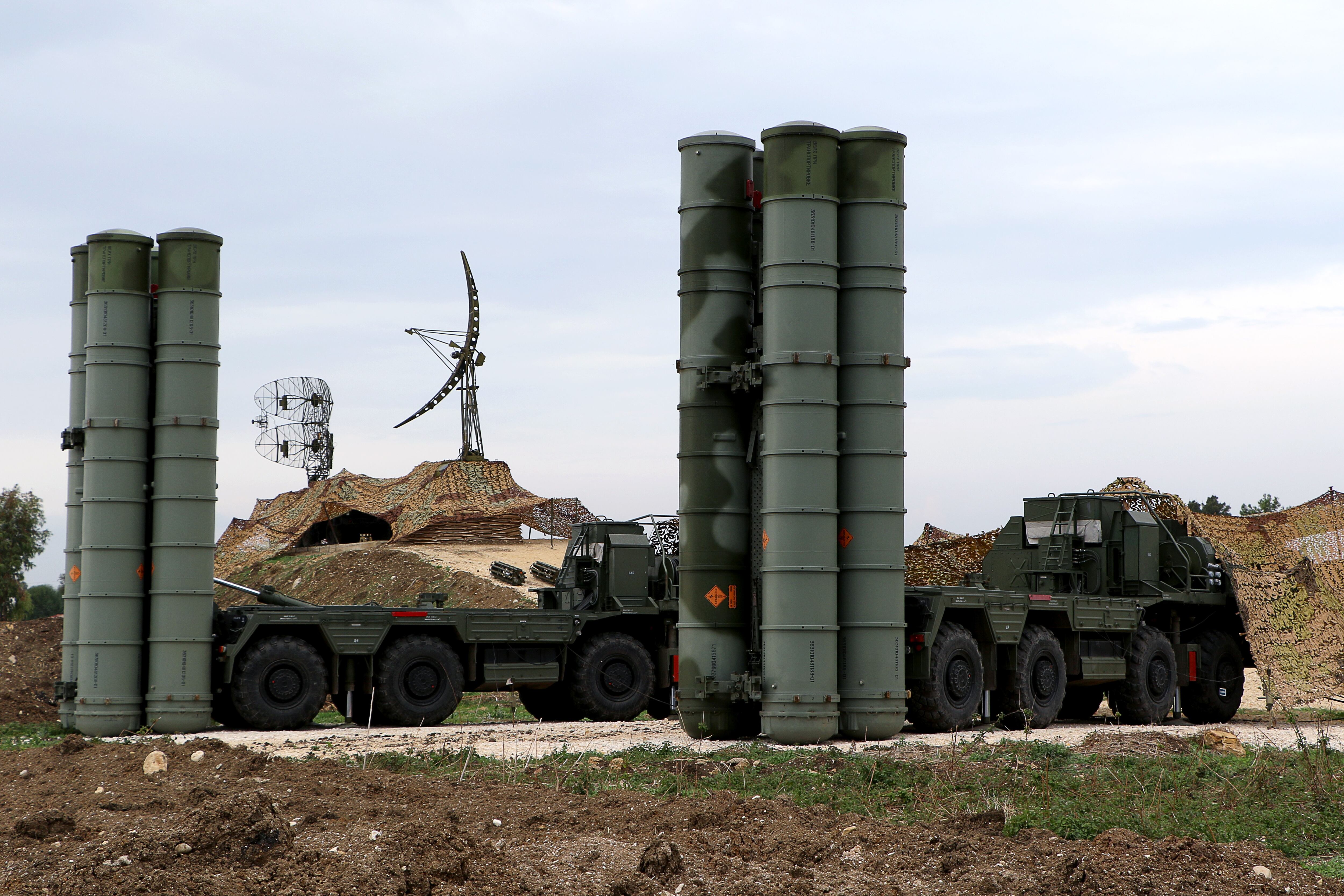WASHINGTON — The Air Force’s longtime deputy undersecretary of international affairs is set to take on a new role as the director of the Defense Technology Security Administration, Defense News has learned.
Heidi Grant will assume her new job as DTSA head after leaving the Air Force in December, Air Force sources confirmed to Defense News.
She takes the reins from DTSA acting director Michael Laychak, who has been running the agency since the departure of former director Beth McCormack’s departure several months ago.
RELATED

Grant’s tenure as the Air Force’s top international affairs official was unprecedented in a number of ways. A career civil servant, she is the only Air Force official to hold a deputy undersecretary position who was not appointed by a given White House. As such, Grant’s term has extended from 2010, during Barack Obama’s presidency, to the current days in the Trump administration.
With more than eight years on the job, Grant has been a fixture of the international air and trade show circuit and is well known among top-ranking foreign military and defense officials, as well as top industry executives.
“There is no one in the United States Air Force who has a passion for building partnerships with other air forces around the world and for the airmen who do that work than Heidi Grant,” said retired Major Gen. Larry Martin, who worked as Grant’s deputy from 2014 to 2017. “As she goes to the new job, there has been no greater advocate across the entire defense cooperation enterprise than Heidi, so she is perfect for the job she’s going to do.”
Martin’s son is a member of the staff of Defense News.
That experience will likely serve her well as she moves to DTSA, the Defense Department’s organization overseeing technology transfer. Grant will be charged with ensuring that the Pentagon is properly protecting sensitive U.S. military weaponry and that defense sales do not erode the services’ technological advantage.
The DTSA head is responsible for managing a staff of “over 190 policy analysts, engineers, and licensing officers” who develop and implement “foreign disclosure policies for international transfers of defense-related goods, services, information, and technology,” according to the agency.
Those duties often come into conflict with another stated goal of the agency (and the biggest priority of U.S. defense contractors): to move U.S. weaponry from discussion to a contract with international partner countries as quickly as possible.
Former Air Force Secretary Deborah Lee James characterized Grant as a competent, knowledgeable player with a strong sense for international affairs.
“She had a strategic roadmap for what would be in the best interest of the United States when it came to foreign military sales," she said. “She was not the ‘Department of No.’ She always tried to get to yes in a way that protected U.S. national interest.”
The future of the Air Force’s international affairs office
The Air Force is the only service to have an international affairs office led by a secretariat, and it remains to be seen whether that will continue.
According to the Air Force, Grant was responsible for overseeing more than 470 cooperative agreements valued at over $56 billion and 2,800 foreign military sales cases worth more than $162 billion, as well as more than 380 military exchange personnel across three programs.
However, sources told Defense News that the Air Force had previously considered eliminating the international affairs office and pushing its duties to Wright-Patterson Air Force Base — which hosts the service’s security assistance and cooperation directorate responsible for facilitating FMS cases — and to the A5, the section of the Air Staff responsible for strategic planning.
One source expects that Air Force Secretary Heather Wilson would be “deeply involved” in the selection of Grant’s replacement, most likely another career civil servant.
Defense News’ Jeff Martin contributed to this story.
Valerie Insinna is Defense News' air warfare reporter. She previously worked the Navy/congressional beats for Defense Daily, which followed almost three years as a staff writer for National Defense Magazine. Prior to that, she worked as an editorial assistant for the Tokyo Shimbun’s Washington bureau.








